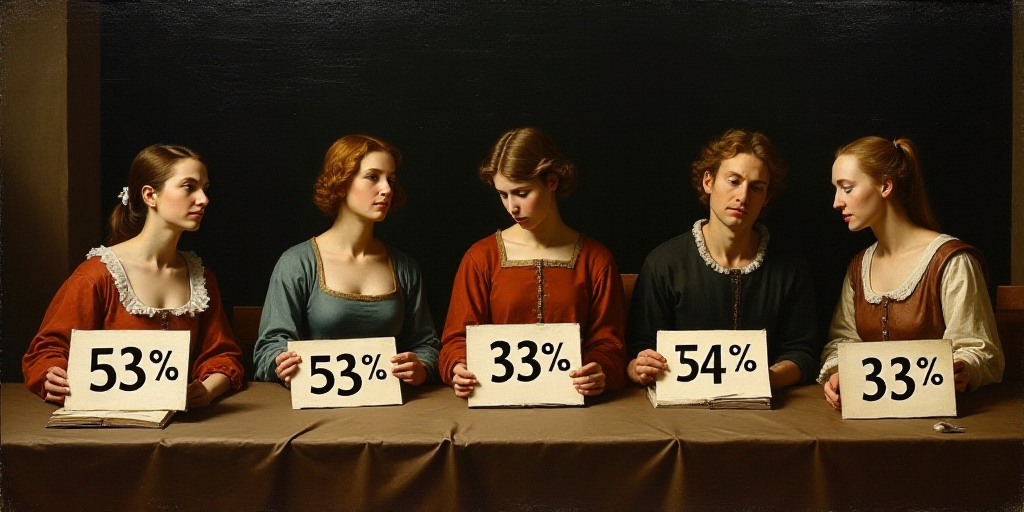Background on Claudia Sheinbaum and Her Relevance
Claudia Sheinbaum is the current Head of Government (equivalent to Mayor) of Mexico City, serving since 2018. Previously, she was the Secretary of Environmental Affairs and Sustainable Development for the Federal District from 2012 to 2018. As a prominent figure in Mexican politics, her policies have significant impacts on the capital city’s residents. The Gloss of her First Informe de Gobierno (Report) in social policy has sparked debates among legislators regarding poverty figures.
Disagreement Among Legislators on Poverty Reduction
During the Gloss of Claudia Sheinbaum’s First Informe de Gobierno on social policy, legislators from both the ruling party (Morena) and opposition parties clashed over poverty reduction figures.
- Ruling Party’s Perspective:
- Morena, PT, and PVEM legislators highlighted that social support programs have helped lift 13.5 million Mexicans out of poverty in recent years.
- They also pointed out that income inequality has decreased to levels unseen for decades.
- Opposition’s Perspective:
- Opposition legislators, including Gloria Elizabeth Núñez Sánchez (MC), Christian Mishel Castro Bello (PRI), Julieta Licet Jiménez Angulo (PAN), and Karina Margarita del Río Zenteno (Morena), argued that the poverty situation remains alarming.
- They referenced data from the National Household Income and Expenditure Survey (ENIGH) by INEGI, indicating that 10 million low-income households do not participate in any social program.
- Opposition legislators accused the government of manipulating poverty measurements to exaggerate political achievements rather than reflecting the true situation.
Key Arguments from Opposition Legislators
- Gloria Elizabeth Núñez Sánchez (MC): She criticized the social policy for being more of an electoral tool than a genuine effort to help those in need, turning essential aid into political populism.
- Christian Mishel Castro Bello (PRI): He agreed with the opposition, stating that current poverty measurements are used more for political boasting than accurately reflecting the situation, adjusting criteria and manipulating figures to ignore structural needs.
- Julieta Licet Jiménez Angulo (PAN): She attributed the reduction in poverty to increased wages driven by private sector growth, direct government program transfers, and taxpayer contributions.
- Karina Margarita del Río Zenteno (Morena): She defended Sheinbaum’s social policy, emphasizing that it extends beyond mere distribution of support.
Key Questions and Answers
- Q: What are the main points of contention between ruling and opposition legislators?
A: Opposition legislators argue that the poverty situation remains alarming, with many low-income households excluded from social programs. They accuse the government of manipulating poverty measurements for political gain, while ruling party legislators highlight the positive impact of social support programs on poverty reduction and income inequality. - Q: How do legislators from both sides explain the reduction in poverty figures?
A: Ruling party legislators attribute the reduction to successful social support programs, while opposition legislators credit private sector growth and increased wages for the improvement in living standards.
Context and Impact on Mexico City Residents
The debate surrounding poverty figures in Sheinbaum’s First Informe de Gobierno has significant implications for Mexico City residents. Social policies implemented by the Head of Government directly affect access to essential services, income levels, and overall quality of life. As the capital city continues to grow and evolve, understanding the effectiveness of social policies and their impact on poverty is crucial for ensuring a better future for its diverse population.






